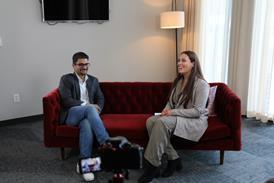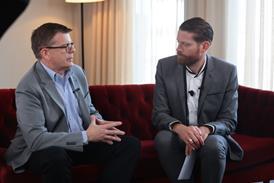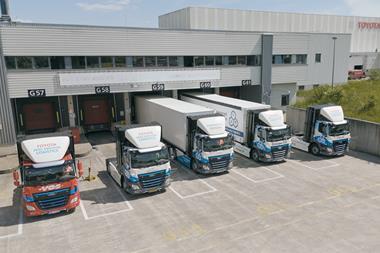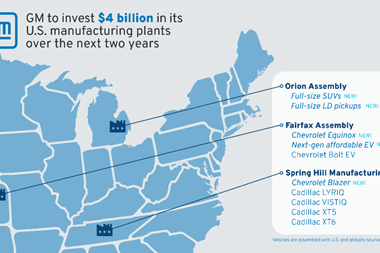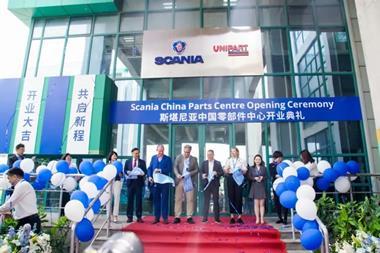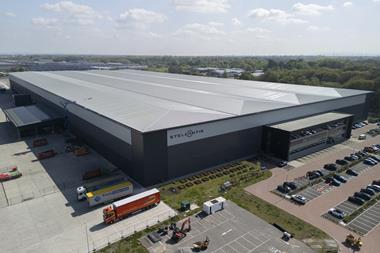Manufacturers are making ever greater use of industry 4.0 technology in their supply chains and moving ever closer to smart factories, a survey by technology provider Zebra Technologies has suggested.
Zebra’s 2017 Manufacturing Vision Study, based on 1,100 respondents from the automotive, high-tech, food, beverage, tobacco and pharmaceutical sectors in Europe, North America, Latin America and the Asia Pacific region, indicates that 34% expect to support a connected factory by 2022, while 63% plan to increase tracking of real-time location, material allocation and asset condition in their manufacturing process and 48% expect to be using RFID.
Respondents to the survey also indicated that they expect just-in-time shipments to account for 35% of all shipments from suppliers and 36% of all shipments to customers by 2022.
The survey includes feedback from 132 respondents from automotive suppliers and 187 from automotive OEMs. Their input suggests the key investment areas they plan to invest in between now and 2022 are barcoding (cited by 59% of such respondents in the EMEA area), RFID (40%), mobile technology (54%), wearable technology (41%), big data/integrated analytics (47%), an Internet of Things platform (41%), real-time location tracking (43%) and voice direction/recognition (33%). Some 31% of all automotive sector shipments are expected to be JIT shipments by 2022, meanwhile.
Commenting on the results, Ralf Schulze, Zebra’s EMEA lead for manufacturing, said: “Based on the results of our study, we can expect to see wearable display technology become mainstream by 2022, given the significant uplift in investment expected in this and other technology areas. I also predict we will see more capable robotics working alongside humans on plant floors in the future, and more ‘always on’ sensors will provide visibility throughout operations.
“Building a connected plant floor has become a necessity to ensuring high-quality products, and with rising customer demands for product variety, transforming operations is no longer something that any manufacturer can ignore to stay competitive,” he added.





